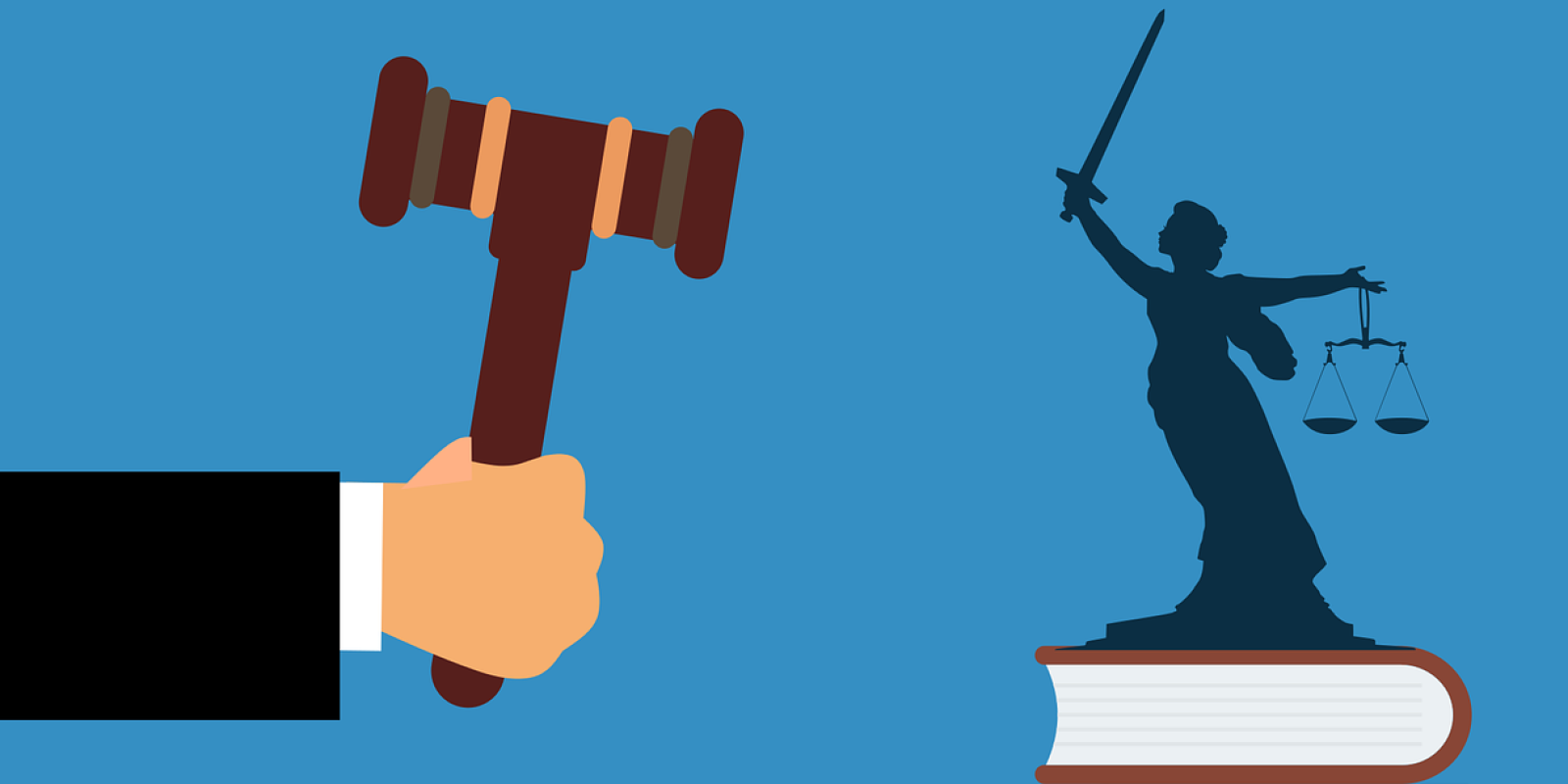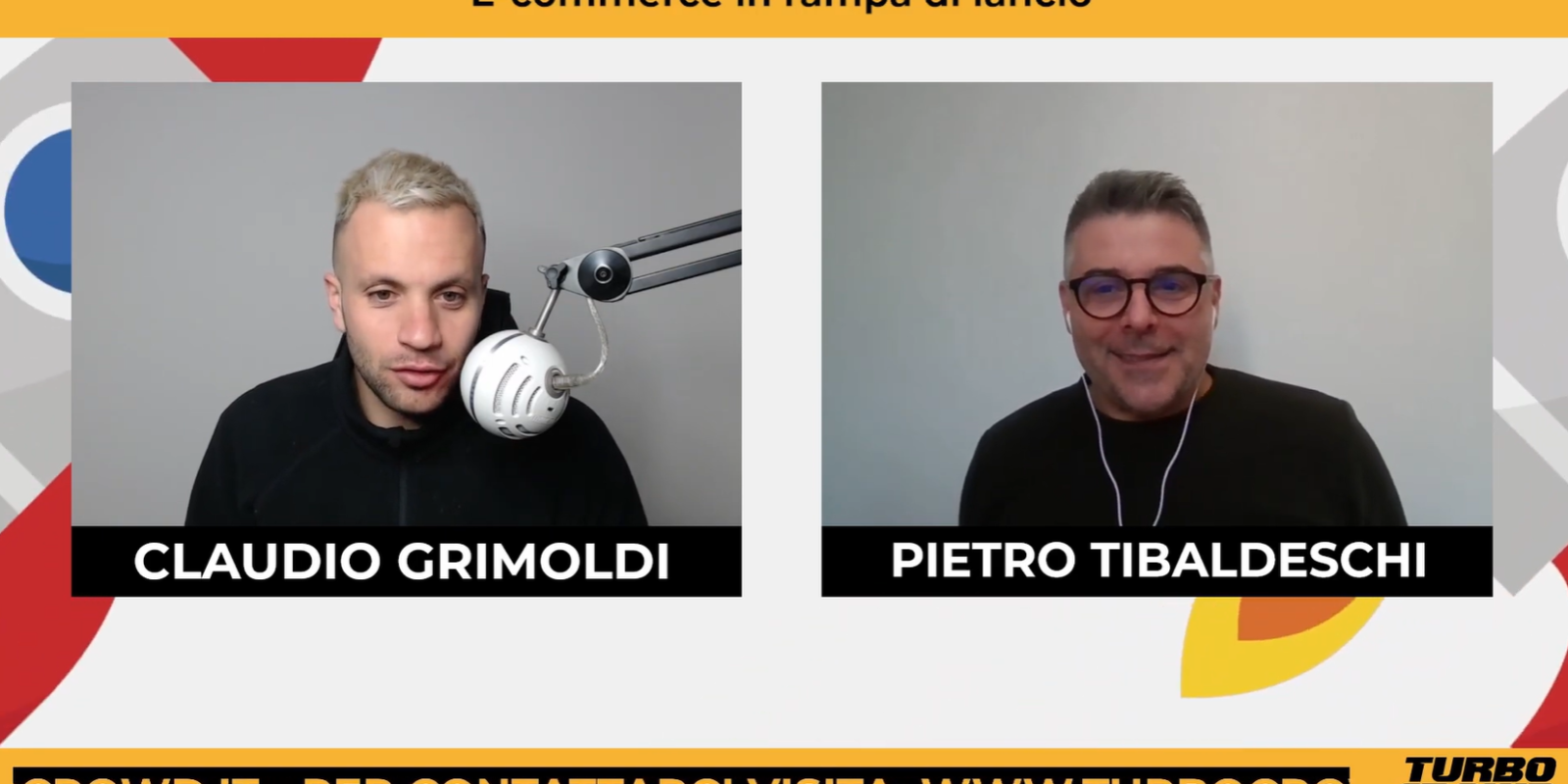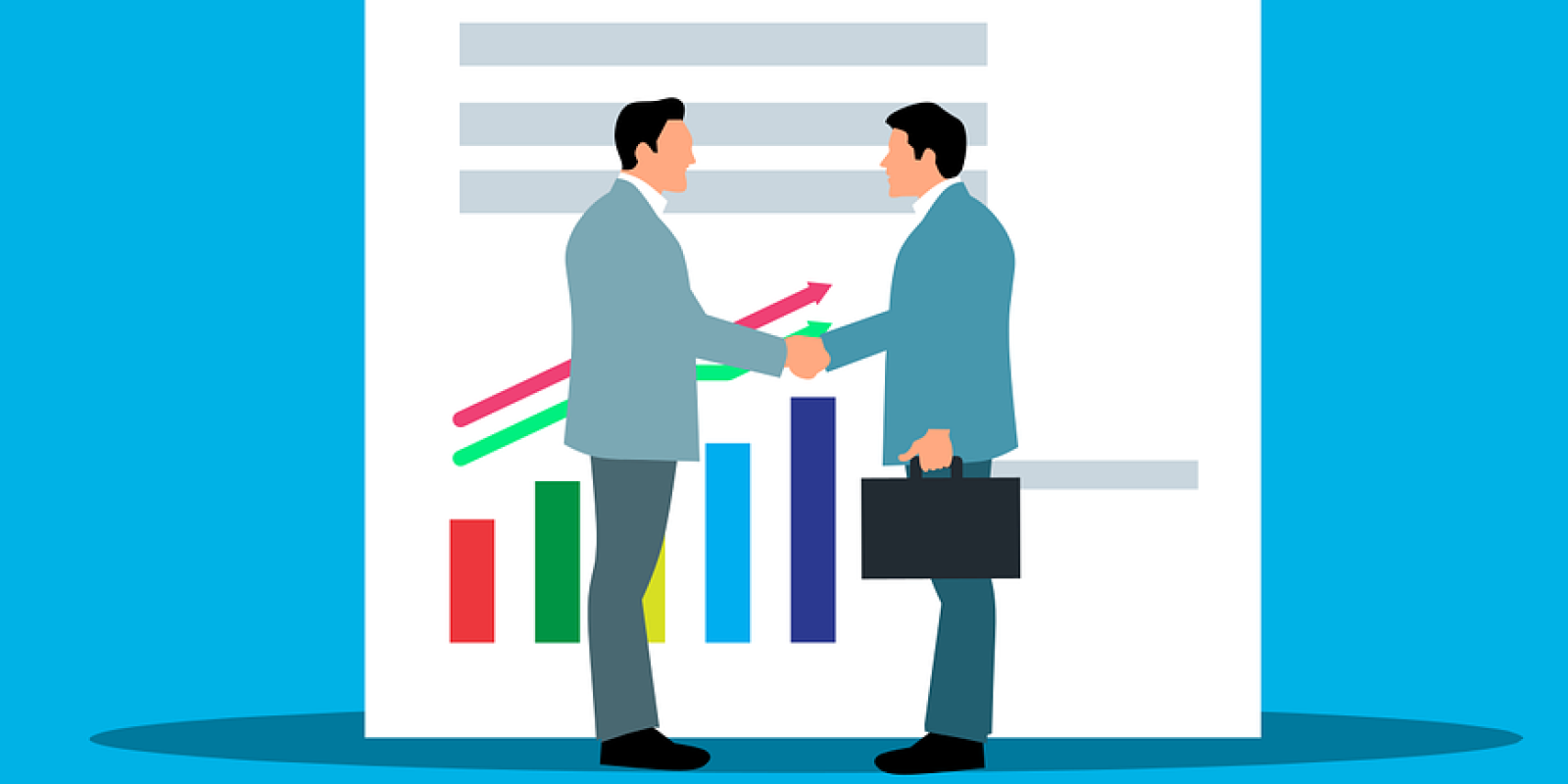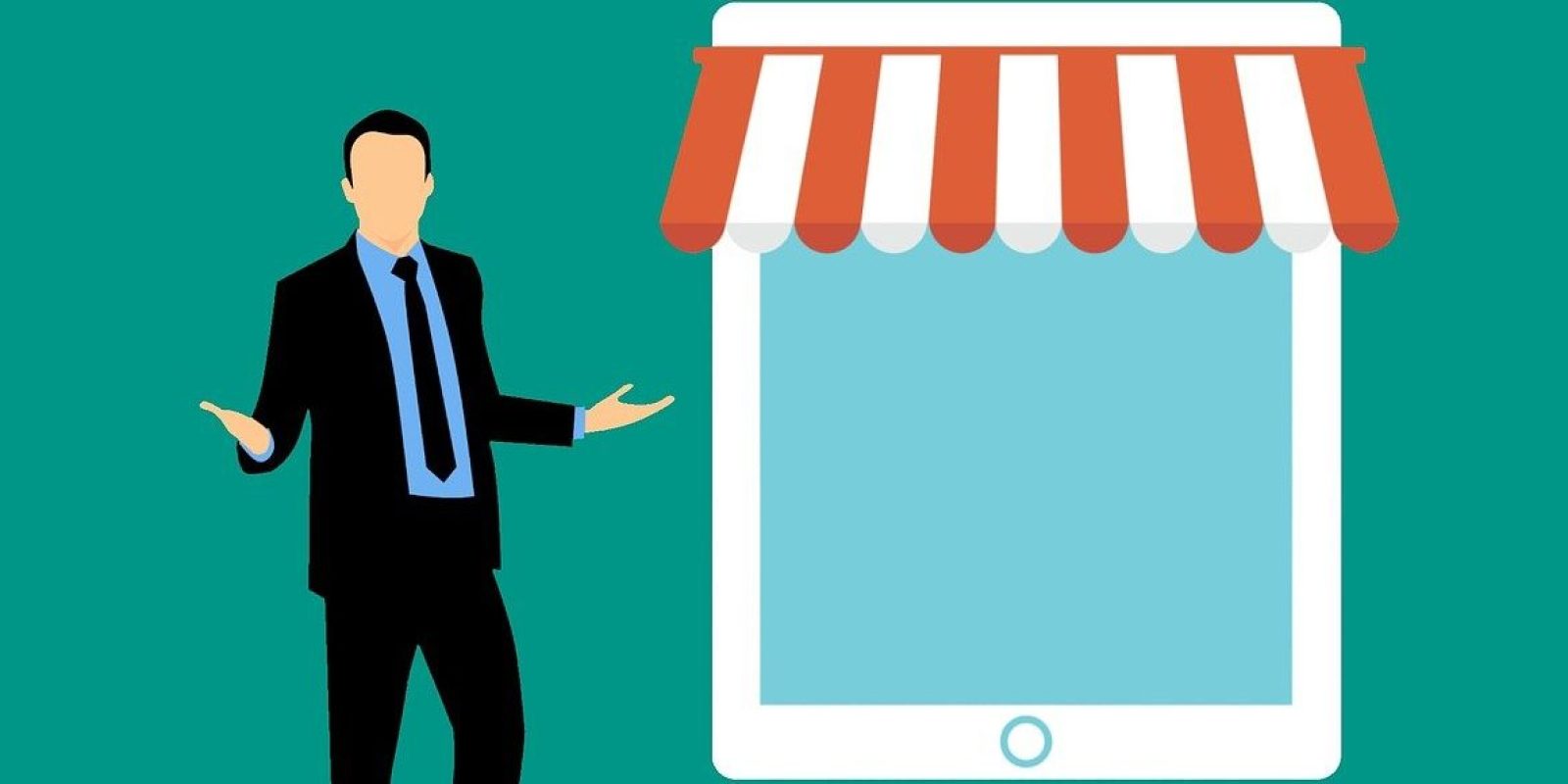What is the tokenization? To use more commonly used words, it can be translated as "digitization," and similarly token can be translated as "digital asset."
At this point it is important to distinguish tokens from cryptocurrencies. Cryptocurrencies are the digital parallel of fiat currency, with which one can make online purchases. With cryptocurrencies, for example, you can buy tokens: the Utility token are like virtual vouchers that can only be used within a given circuit or platform, the Security token are digital representations of financial instruments. Their value is variable and arbitrary, as it is decided by the company that issues them: potentially, a token can represent anything.
You can theoretically tokenize anything: a share, a business unit, a portion of real estate. But it is important to first understand what is useful to tokenize, that is, what might be attractive for the public to buy in the form of tokens. To understand this, let us start from even higher up: Why tokenize something? There are two possible targets:
1. Raising capital by extracting liquidity from an illiquid asset.
2. Making the company's operations more efficient.
If startups can raise capital more easily with tokenization, companies that already issue financial instruments can benefit because it allows them to reduce the operational costs of issuance and placement and increase margins. It should be emphasized that only companies can tokenize, individuals cannot.
An example in real estate: a property may offer income from rents collected in the future, but in the present it is an illiquid asset. Tokenizing and fractionalizing the property allows the asset to become liquid and start earning in the present.
Back to the original question. What tokenize? One can divide the tokenizable assets into 4 macrocategories:
- debt
- equity
- revenue
- credit.
These are mundane financial concepts, simply used in new ways. To determine what makes sense to tokenize, one must ask whether the asset being considered produces value for potential investors. If it does not, there is no point in considering it. Second, one must evaluate the objective of tokenization.
But how does it work in practice? Tokenization looks like something complex, but it's actually simple: it's just more efficient methodologies of doing what you've always done. Even small traditional businesses can do it, not just big tech companies, they just don't know it yet!
Here's how:
- 1 Identify an interesting asset to tokenize
- 2 Assess whether we can offer sufficiently attractive value to investors
- 3 Select the tech provider for tokenization, which will drive the process operationally
- 4 Proceed to issue the digital asset on the selected blockchain
- 5 Launching the offer, setting the collection target
- 6 Generating landing pages where investors can buy the token.
In 30 minutes potentially everything can be done. Crucial, however, is to involve lawyers in the process to help issue the instrument correctly, taking care of the contractual part. In recent years, tokenization has been regulated (DLT, MiCa, etc.) and this allows investors to have guarantees of transparency and thus confidence in the instrument. The use of the smart contract to define the terms of buying a token guarantees that what is promised then will be given. Not only that, smart contracts are smart because they cut out all middlemen. It eliminates fraud and human error, for example in the distribution of dividends and disbursement of interest, but it also reduces operational costs.
We discussed this in a webinar with Ludovico Rossi, CRO&Founder of Brickken, a Spanish tokenization platform.
WEBINAR TOPICS
0:00 Introduction
2:30 What is tokenization
5:20 Scam or reality? Distinguishing tokens and cryptocurrencies
7:30 What makes sense to tokenize and why tokenize
10:15 How to figure out what is useful to tokenize
14:50 The efficiency of smart contracts
16:17 Example of tokenization in real estate
22:00 The regulations for tokenization
27:00 The practice: how tokenization works
SPEAKERS
Claudio Grimoldi, Founder of Turbo Crowd
Ludovico Rossi, CRO&Founder of Brickken













































